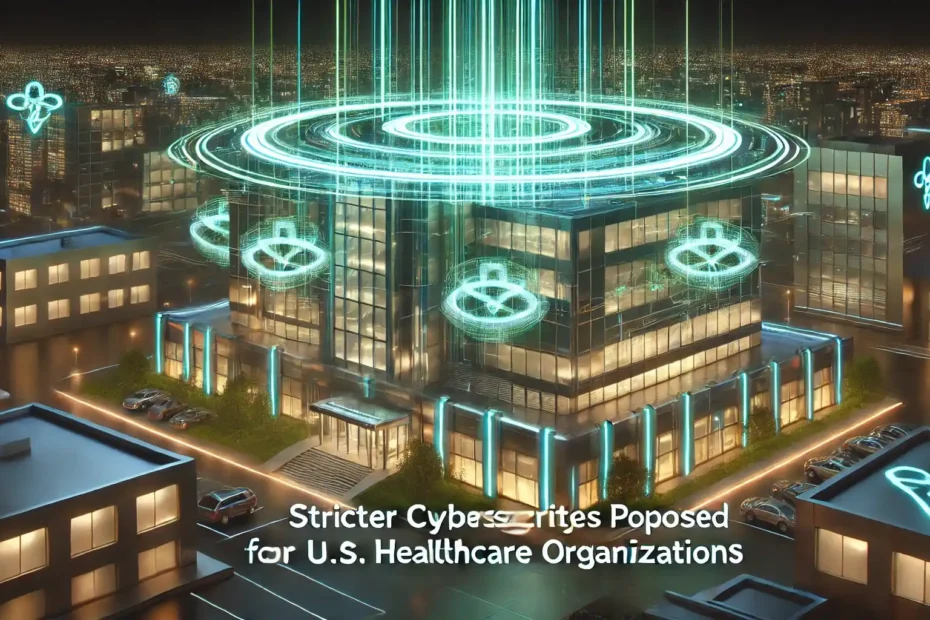The U.S. Department of Health and Human Services (HHS) Office for Civil Rights (OCR) has proposed significant updates to cybersecurity regulations for healthcare organizations. These measures aim to protect sensitive patient data amidst a growing wave of cyberattacks and ransomware incidents.
Why Are These Changes Being Made?
Cyberattacks have become a major threat to healthcare systems, with over 167 million patient records compromised in 2023 alone. According to Anne Neuberger, Deputy National Security Advisor for Cyber and Emerging Technology, hacking and ransomware attacks targeting healthcare have surged by 89% and 102%, respectively, since 2019. These incidents not only disrupt hospital operations but also risk sensitive data like mental health records being leaked on the dark web.
Key Features of the Proposed Rules
The proposed updates focus on strengthening the security framework under the Health Insurance Portability and Accountability Act (HIPAA). If approved, healthcare providers will be required to:
- Encrypt Patient Data: Making stolen data inaccessible to hackers.
- Implement Multifactor Authentication (MFA): Adding extra layers of security for accessing systems.
- Segment Networks: Isolating critical systems to prevent cyber intrusions from spreading.
- Conduct Regular Compliance Checks: Ensuring adherence to cybersecurity protocols.
These updates aim to safeguard patient information and reduce the risks posed by increasingly sophisticated cyberattacks.
Costs of Implementation
The changes are expected to cost $9 billion in the first year and $6 billion annually over the next four years. These expenses will cover the costs of system upgrades, staff training, and new technologies. While the costs are substantial, the long-term benefits—including fewer breaches, increased patient trust, and stronger healthcare systems—make this investment worthwhile.

Public Feedback and Next Steps
The proposed rules will be published in the Federal Register on January 6, marking the start of a 60-day public comment period. This allows stakeholders to share their feedback before the final rules are implemented. Once finalized, these measures will represent the first major update to HIPAA’s Security Rule since 2013.
How This Impacts Healthcare Providers
Hospitals and healthcare organizations must prepare for these changes by:
- Upgrading Security Systems: Prioritize investments in encryption and MFA technologies.
- Training Staff: Educate employees on best practices to prevent cyber threats.
- Conducting Risk Assessments: Identify and address vulnerabilities proactively.
- Partnering with Experts: Work with cybersecurity professionals to ensure compliance.
Conclusion
With cyberattacks becoming more sophisticated, the proposed updates to HIPAA’s Security Rule signal a critical step toward protecting patient data. By adopting these measures, healthcare providers can enhance security, reduce vulnerabilities, and ensure the safety of critical systems.
